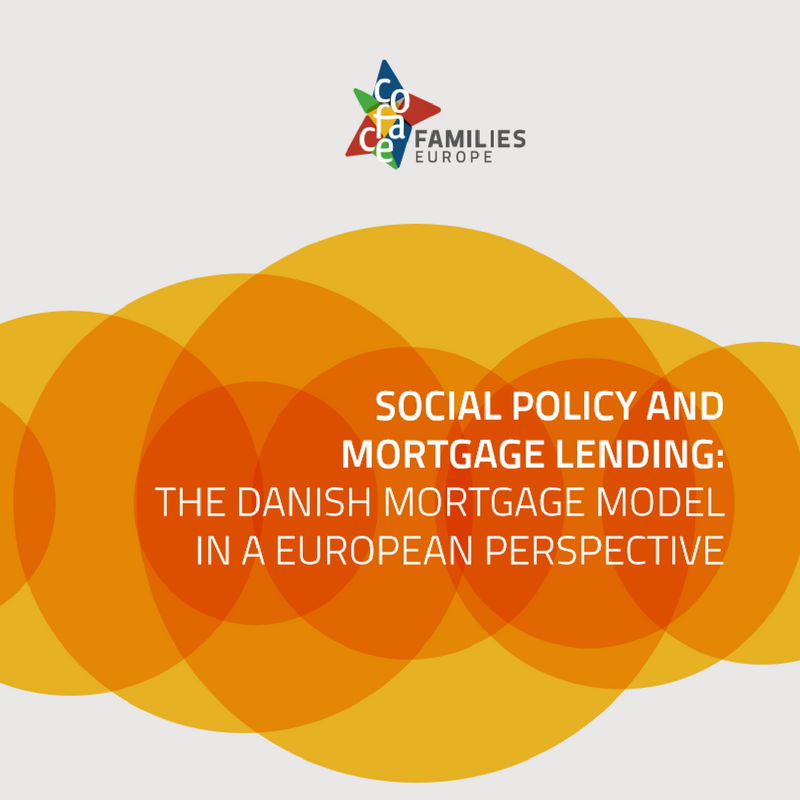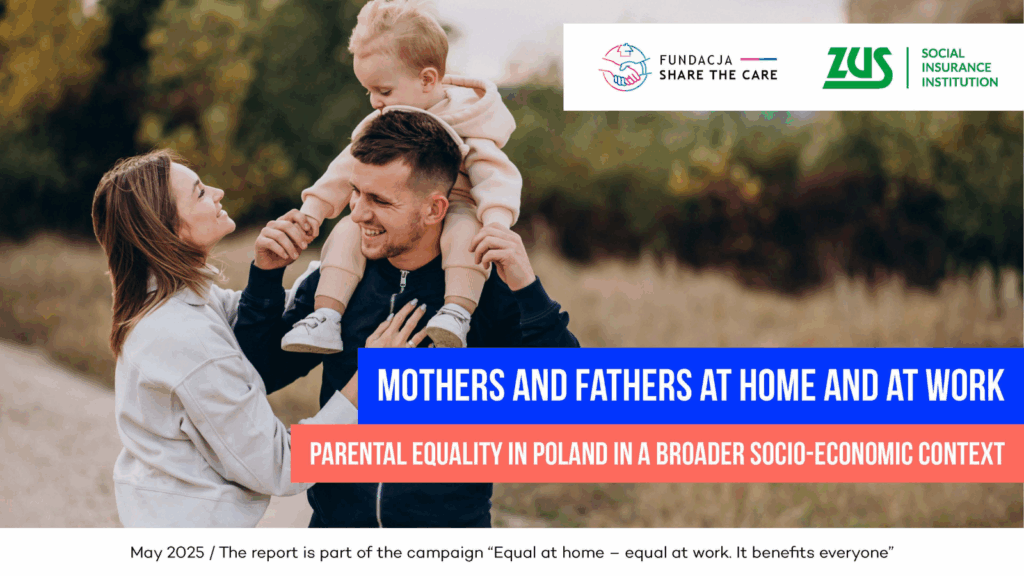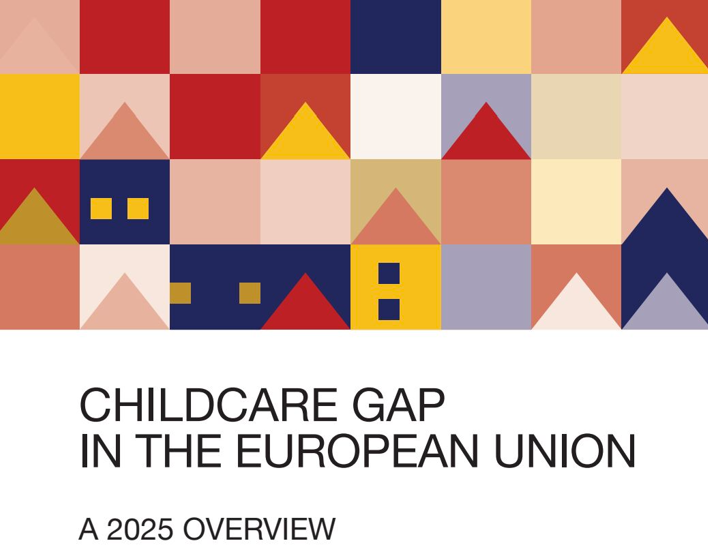Millions of families across the EU are in a situation of over indebtedness, millions more don’t have access to a basic bank account, another few million don’t have access to basic loans such as mortgage credit in order to buy a home where they can thrive as a family. Access to housing is a precondition for social inclusion and can be facilitated by various public policies like overarching welfare programmes, but also (public) social housing, intervening in the rental market, or policies on home ownership. For a majority of families, a mortgage is the only way to access home ownership. Yet a mortgage comes with risks like defaulting on the mortgage for various reasons (life accidents, illness, job loss,…). In this regard, the number of non-performing loans is still quite high in Europe.
COFACE Families Europe explored, in the following report, in which way the Danish mortgage system can help families access housing while lowering the risks for both families and financial service providers, balancing the interests of both families (social inclusion), financial service providers (profitability and risk hedging) and governments (social stability).
According to the recent Country-Specific Reports under the European Semester 2018, some countries are experiencing imbalances which are affecting the economy, including vulnerabilities in the financial sector coupled with high-indebtedness and non-performing loans in the corporate sector (Bulgaria), high stocks of private debt and increasing mortgage debt levels (The Netherlands), high levels of non-performing loans (Portugal), and overvalued house price levels and rises in household debt (Sweden).
We call on the European Commission to use the Semester to keep close track of the performance of Member States in relation to principles 19 (Housingand assistance for the homeless) and 20 (Access to essential services) of the European Pillar of Social Rights to ensure that:
– There is more responsible lending and borrowing via for example thorough credit worthiness checks and access to better information and independent quality financial guidance for families;
– All families to have access to certain financial products such as mortgage credit, pensions and saving products to ensure that they can make long-term life investments which are essential for their family life.





